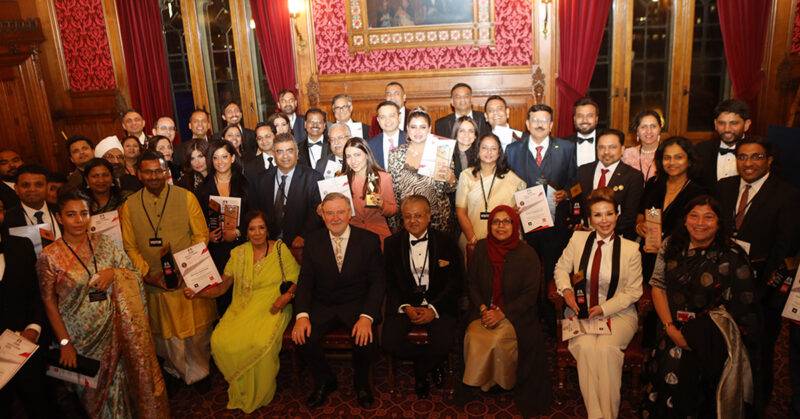Manipal University is a name to reckon with not just in India, but all over the world. Although it got the deemed university status in 1993, the seeds were sown way back in 1953 with the setting up of the flagship Kasturba Medical College on what was then a barren hilltop.
Thereafter, a number of institutions were added and facilities were upgraded, leading up to its emergence as a leader in higher education. Today, with 24 professional institutions in medicine, engineering, pharmacy, nursing, hospitality, architecture, communications, social sciences and management, the university is making a strong headway in research as well.
Spread over 600 acres of green expanse with state-of-the-art facilities in compliance with the standards set by the Government of India, the University is home to 28,000 students from over 52 countries, pursuing under-graduate and post-graduate programmes in diverse subjects. The University has a strong alumni network of over 94,000 members.
The university offers Bachelors, Masters and Doctoral degrees in several specialisations. Given the quality education MU imparts, its degrees are recognised all over the world.
Its infrastructure includes fully air-conditioned lecture halls, hostels, multi-cuisine food court, hospital, gymnasium, swimming pools, football and cricket grounds; badminton, squash, tennis and basketball courts; a walking track; an anatomy museum and a skill lab. The university’s success lies in its emphasis on quality research. Its simulation labs and innovation centres are dedicated to that end.
MU is a repository of knowledge with a chain of six libraries, covering varied subjects. With a 3,000 plus seating capacity, the libraries are equipped with books, journals, other resources, Internet browsing, online database, CDs/DVDs and an audio-visual room. They have access to UN Depository Collection.
The university set up the Manipal Advanced Research Group in 2006. Academic collaborations have been established with GSI Helmholtz Centre for Heavy Ion Research, Joint Institute for Nuclear Research and Tata Institute of Fundamental Research. The efforts behind running the group have been recognised in the form of accolades and awards. A student team from Manipal Institute of Technology won the Innovation Competition in 2008 organised by General Electric.
The university has branches in Bangalore, Mangalore, Dubai, Malaysia and Antigua. It was awarded the Golden Peacock Environment Management Award two years in a row by the Government of India. It has also received the Rajiv Gandhi Parisara State Award in 2004-05, first prize in District Award for Environment in 1999-2000 and 2002-2004. MU has successfully employed rain-water harvesting, waste disposal systems and energy-saving devices to run sustainable eco-friendly campuses.
Manipal University has won the prestigious IMC Ramkrishna Bajaj National Quality Award and International Asia Pacific Quality Award in 2007- 2008.
Consistently ranked one of the top universities in India and abroad, Manipal University is sure to scale greater heights.







